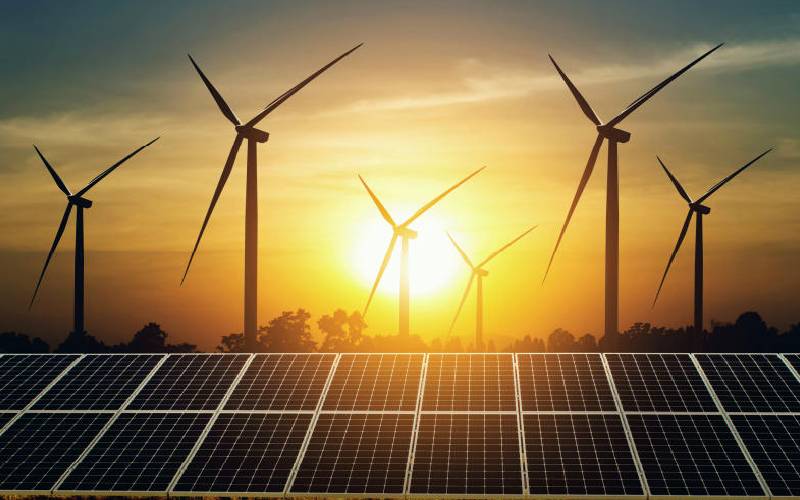×
The Standard e-Paper
Join Thousands Daily

Kenya and three other countries in sub-Saharan Africa could earn as much as Sh30 trillion in investment opportunities in clean energy financing over the next ten years.